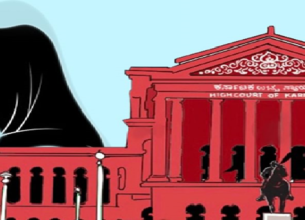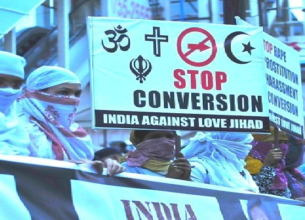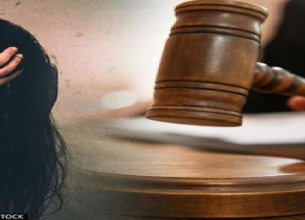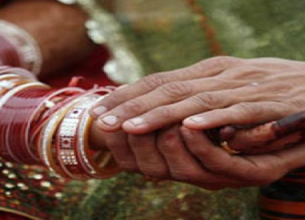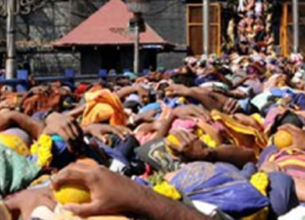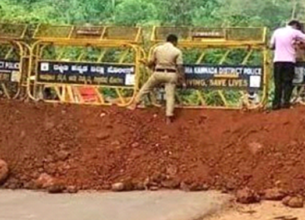RIGHT TO HAVE ACCESS TO INTERNET
21, Sep 2019

Prelims level : Polity & Governance- Fundamental Rights
Mains level : GS-II- Indian Constitution- Historical Underpinnings, Evolution, Features, Amendments, significant provisions and Basic Structure.
Why in News?
- In a landmark judgment, the High Court of Kerala held that right to have access to internet is a fundamental right forming part of right to privacy under Article 21 of the Constitution. The court also observed that the right to Internet access also forms part of Right to Education.
Background:
- The order came on a petition filed by a student at Sree Narayana College, Chelanur, Kozhikodechallenging restrictions on usage of mobile phones in girls’ hostel.
- The student alleged that she was expelled from the college for not abiding by the restrictions on mobile phones in the hostel. According to her, the inmates are not allowed to use mobile phones between 6 pm and 10 pm.
- The court accepted the petitioner’s contention that the restrictions on the use of mobile phones amounted to violation of fundamental right to freedom of speech and expression under Article 19 (1) (a).
Observations by Kerala High Court:
- The Human Rights Council of the United Nations has found that the right of access to Internet is a fundamental freedom and a tool to ensure right to education, a rule or instruction which impairs the said right of the students cannot be permitted to stand in the eye of law.
- The court observed that the action of the college authorities infringed the fundamental freedom as well as privacy and would adversely affect the future and career of students who want to acquire knowledge and compete with their peers, suchrestriction could not be permitted to be enforced.
- The court while citing the observations of the SupremeCourt in the Rengarajan and others v. P. Jagjivan Ram (1989) case said “ the fundamental freedom under Article 19(1)(a) can be reasonably restricted only for the purposes mentioned in Article 19(2) and the restriction must be justified on the anvil of necessity and not the quicksand of convenience or expediency.”
- The court observed that the hostel authorities were expected to enforce only those rules and regulations for enforcing discipline. Enforcement of discipline shall not be by blocking the ways and means of the students to acquire knowledge.
- The court also observed that mobile phones, once a luxury, have now become “part and parcel of the day to day life and even to a stage that it is unavoidable to survive with dignity and freedom”
- “ A Student above the age of 18 Years shall be given the freedom to choose the mode for her studies provided it does not cause any disturbance to others. The Schools in Kerala promotes digitalisation with smart class rooms and the modern technology has taken its place in all the fields even from primary section.
- Thus the usage of mobile phones in order to enable the students to have access to internet will only enhance the opportunities of students to acquire knowledge from all available sources based on which they can achieve excellence and enhance quality and standard of education”.
Information Technology Policy of the Kerala Government:
- The Petitioner referred to the Budget Speech made by Kerala Finance Minister in 2017, where it was announced that Kerala Government had recognized ‘right to internet’ as a human right and was making efforts to make internet accessible to all.
- Reference was made to the Information Technology Policy of the Kerala Government, as per which Government was stated to be adopting “Mobile first” approach for e-governance services by leveraging high mobile penetration and coverage in the state.



